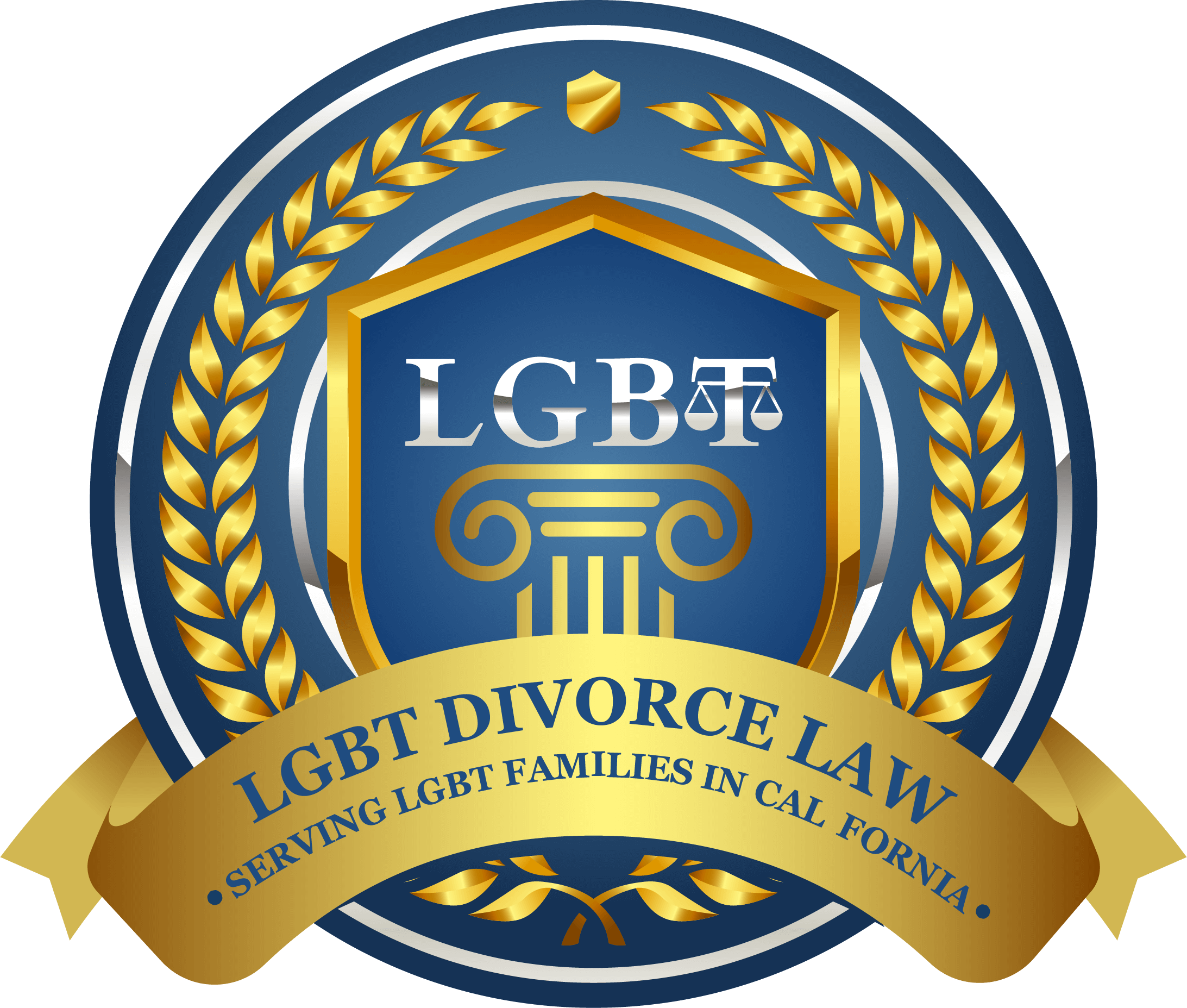Frequently Asked Questions
LGBT divorce refers to the dissolution of a marriage or domestic partnership between individuals of the same sex or gender. It involves legally ending the relationship and addressing various legal matters such as property division, child custody, and spousal support.
LGBT divorce proceedings generally follow the same legal framework as heterosexual divorces, encompassing issues like property division, alimony, and child custody. However, complexities can arise due to varying state laws on same-sex marriage recognition, especially for couples married before widespread legalization.
Child custody in LGBT divorces is determined using the same criteria as in heterosexual cases, focusing on the best interests of the child. This includes evaluating each parent’s relationship with the child, living arrangements, and ability to provide care.
In San Diego, the legal requirements for an LGBT divorce are the same as for heterosexual couples, including residency requirements and grounds for divorce.
Child custody and visitation matters are determined based on the best interests of the child, regardless of the parents’ sexual orientation or gender identity. California courts prioritize the well-being of the child and consider factors such as parental involvement, stability, and the child’s relationship with each parent when making custody and visitation determinations.
Yes, spousal support, also known as alimony, may be awarded to one spouse or partner based on factors such as the duration of the marriage or domestic partnership, the income disparity between the parties, and their respective financial needs. Same-sex couples can seek spousal support in California if it is deemed appropriate by the court.
California is a community property state, so assets and debts acquired during the marriage are divided equally, regardless of the couple’s sexual orientation.
In San Diego, dissolution of domestic partnerships requires a similar legal process to divorce. Issues like asset division, custody, and support are also relevant, though there might be some nuances different from marriage.
Non-biological parents in LGBT marriages have rights to custody and visitation, similar to biological parents. San Diego courts consider the best interest of the child, not just biological ties.
To protect your rights and interests during an LGBT divorce, it is crucial to consult with a knowledgeable LGBT divorce attorney. They can provide personalized advice, advocate for your rights, and help negotiate a fair settlement. It’s also essential to gather and organize relevant financial and legal documents and maintain open communication throughout the process.
Yes, same-sex couples who were legally married in another state or country can file for divorce in California as long as they meet the residency requirements. California recognizes same-sex marriages performed in other jurisdictions.
Alimony in San Diego is calculated based on the standard of living during the marriage, the length of the marriage, and each spouse’s financial needs and abilities.
Having skilled legal representation is crucial in LGBT divorces in San Diego to ensure fair treatment, especially given the complexities and evolving nature of LGBT family law.
Mediation can be a constructive approach in San Diego LGBT divorces, allowing couples to reach amicable agreements on issues like asset division, custody, and support.
Yes, a knowledgeable LGBT divorce lawyer in San Diego can assist with cross-state legal issues, such as recognizing marriages performed in other states or dealing with differing state laws.
Dissolving a domestic partnership in California follows a similar legal process to divorce. You would need to file a petition to dissolve the domestic partnership and address issues such as property division, child custody, and support matters.
The length of the marriage can impact several aspects of an LGBT divorce, including spousal support duration and division of assets, particularly in marriages predating legal recognition.
Yes, same-sex couples can opt for alternative dispute resolution methods such as mediation or collaborative law to resolve their divorce issues. These approaches emphasize cooperation, open communication, and finding mutually beneficial solutions outside of the courtroom.
As a community property state, California law mandates equal division of assets and debts acquired during the marriage, which can differ from equitable distribution states. This law applies uniformly to both same-sex and heterosexual couples in San Diego.
LGBT couples may face unique challenges, such as legal issues with marriages that occurred before legalization or with out-of-state marriages.
Same-sex divorces can have implications for immigration status, especially if one spouse is a foreign-born individual relying on their marital status for legal residency. It is important to consult with an immigration attorney who specializes in LGBTQ+ immigration matters to understand the potential consequences and explore available options.
Yes, if a same-sex couple was in a long-term domestic partnership that was later converted into a marriage, spousal support may be available under California law. The duration of the partnership may be considered when determining spousal support eligibility and the duration of support.
After a same-sex divorce, the dependent spouse may no longer be eligible for coverage under the other spouse’s health insurance plan. It is important to review and understand the terms of your health insurance policy and explore alternative coverage options to ensure continued access to healthcare.
Dividing business assets and ownership interests in a same-sex divorce can be complex. Valuation methods, buyout options, and other factors will come into play. It is advisable to consult with an experienced LGBT divorce attorney who can help navigate the unique challenges involved in dividing business assets.
Yes, child custody and support orders can be modified after the divorce if there is a significant change in circumstances. This can include changes in income, living arrangements, or the needs of the child. The court will evaluate the proposed modification based on the best interests of the child.










